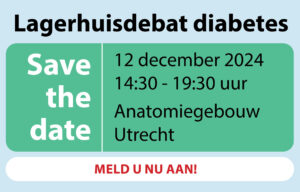To explore the efficacy, safety, and tolerability of once-weekly efpeglenatide, a long-acting glucagon-like peptide 1 receptor agonist (GLP-1 RA), in early type 2 diabetes (T2D) (drug naive or on metformin monotherapy).
EXCEED 203 was a 12-week, randomized, placebo-controlled, double-blind, parallel-group, dose-ranging study of efpeglenatide once weekly referenced to open-label liraglutide 1.8 mg (exploratory analysis). Participants, ~90% on metformin monotherapy, were randomized to one of five efpeglenatide doses (0.3, 1, 2, 3, or 4 mg q.w.; n = 181), placebo (n = 37), or liraglutide (≤1.8 mg daily; n = 36). The primary efficacy end point was change in HbA1c from baseline to week 13.
From a baseline HbA1c of 7.7–8.0% (61.0–63.9 mmol/mol), all efpeglenatide doses ≥1 mg significantly reduced HbA1c versus placebo (placebo-adjusted least squares [LS] mean changes 0.6–1.2%, P < 0.05 for all) to a final HbA1c of 6.3–6.8% (45.4–50.6 mmol/mol); masked efpeglenatide 4 mg was noninferior to open-label liraglutide. Greater proportions treated with efpeglenatide ≥1 mg than placebo achieved HbA1c <7% (61–72% vs. 24%, P < 0.05 for all), and greater reductions in body weight were observed with efpeglenatide 3 and 4 mg versus placebo (placebo-adjusted LS mean differences –1.4 and –2.0 kg, respectively, P < 0.05 for both). Rates of nausea and vomiting were consistent with other GLP-1 RAs and rapidly subsided after the initial 2 weeks. No neutralizing antibodies were detected with efpeglenatide.
Efpeglenatide once weekly led to significant reductions in HbA1c and weight, with a safety profile consistent with the GLP-1 RA class in patients with early T2D mostly on metformin monotherapy.


